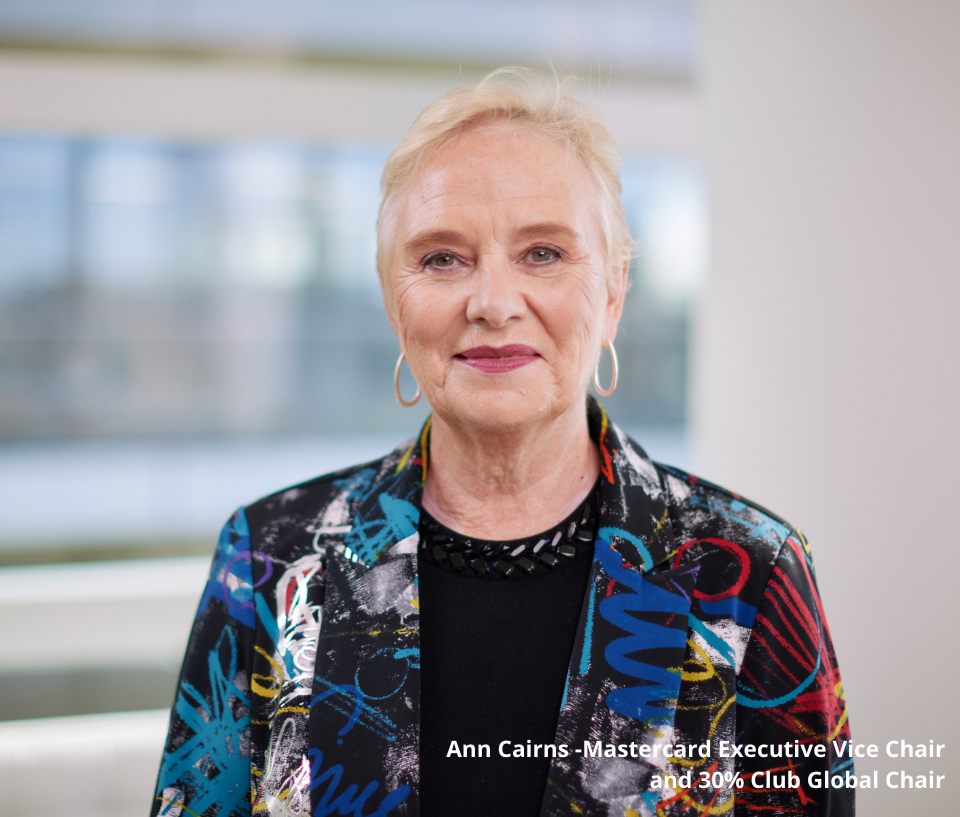
Black women are under-represented and underpaid in executive roles and the least likely to be in the UK’s top 1% of earners. Black women continue to be underrepresented in leadership roles across the UK workforce.
The Inclusion Initiative at LSE, Mastercard and the 30% Club collaborated to undertake interviews with 44 Black women at various stages in their careers. The study was designed to understand the headwinds and tailwinds that these women experienced throughout their career, with the view that firms interested in nurturing talented women could focus on augmenting the tailwinds that these women experience, as well as reducing their headwinds.
The analysis led to the creation of the TRANSPARENT framework, a new framework to create organisations that are inclusive of Black women in Finance, Professional Services and Big Technology.
- Key highlights from the report include:
- 92% of the women we interviewed called for systemic change within their workplaces.
- Black women also experience the largest pay gaps when compared to non-Black women and men, as well as Black men (Almeida et al. 2021).
- The largest gaps are in finance, professional services, and big technology. 70% of Black women in these sectors believe they are being paid less than their comparable peers, with more than 10% of women reporting pay gaps as high as 30%.
From the analysis, the researchers created the TRANSPARENT framework to create organisations that are inclusive of Black women in Finance, Professional Services and Big Technology.


30% Club global chair and Mastercard executive vice chair Ann Cairns said:
“We were delighted to partner with the London School of Economics on this research, to better understand the barriers Black women face in the workplace. Anecdotally, we have been hearing that Black women experience the most negative impact when it comes to progression in the workplace, specifically in the areas in which we operate; technology, financial and professional services and we undertook this research to validate that.
This thought-provoking research and the TRANSPARENT framework will be used to inform our own future activities and policies going forward within Mastercard. I hope they will also be of use to many other companies wanting to leverage it and tackle the issue within their organisations.”
The Inclusion Initiative (TII) at the LSE, Mastercard and the 30% Club hope to inspire firms to adopt these actions. Moreover, it is envisioned that companies will evaluate the effectiveness of these actions, making transparent the evaluation results.
This transparency allows firms to learn together ‘what works’ for the fair inclusion of Black women in finance, professional services and big technology. Given that the pay gaps experienced by Black women are the largest in the sectors studied, making Black women the benchmark for real change within organisations is appropriate.
Training, recruitment, operations, promotions, procurement, strategies, and policies should be evidently inclusive of Black women. The call for greater transparency through reporting, audits and monitoring of the progress of Black women will help ensure firms are on track.

Where we are
The 30% Club has come a long way from when it was set up in the UK in 2010.We now span six continents and more than 20 countries. We’re actively expanding into more G20 countries


